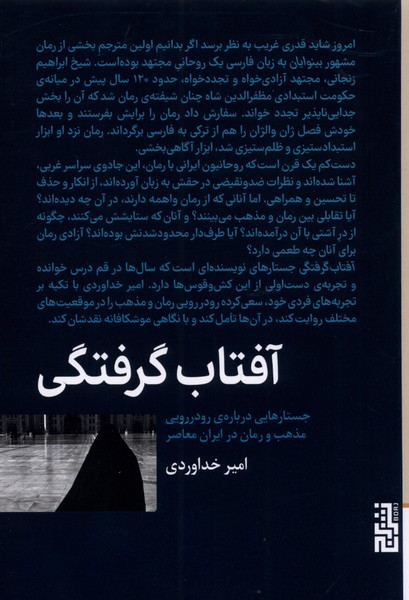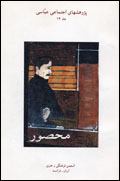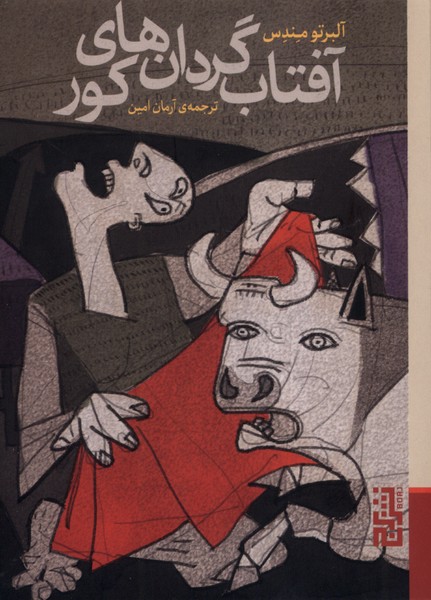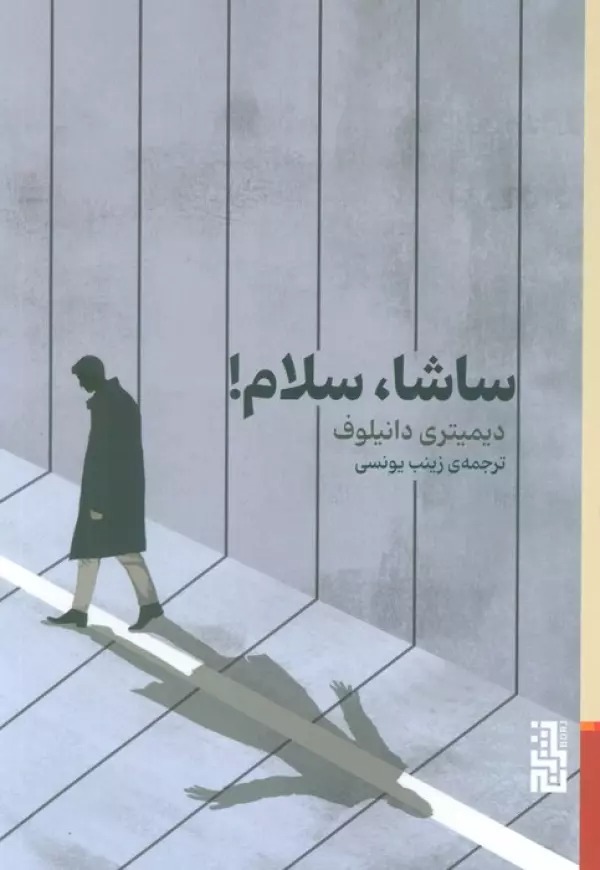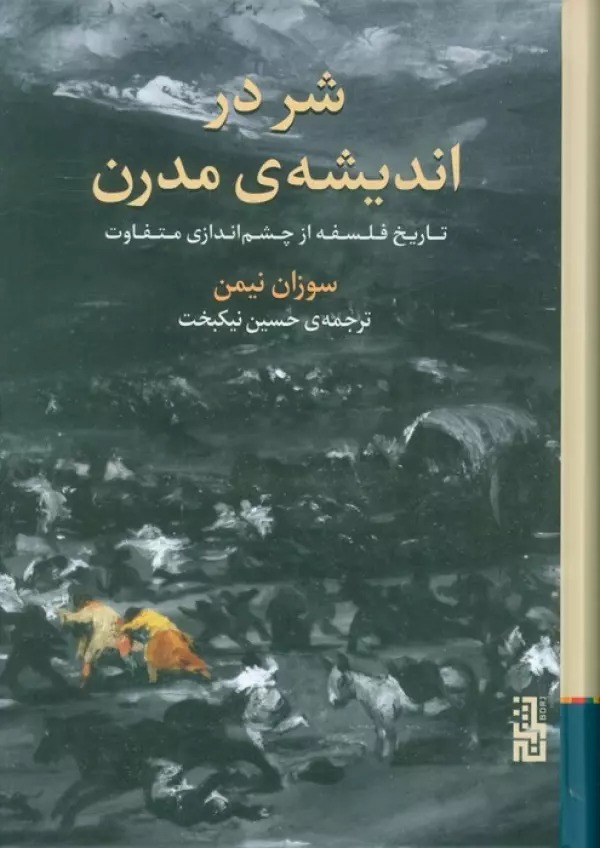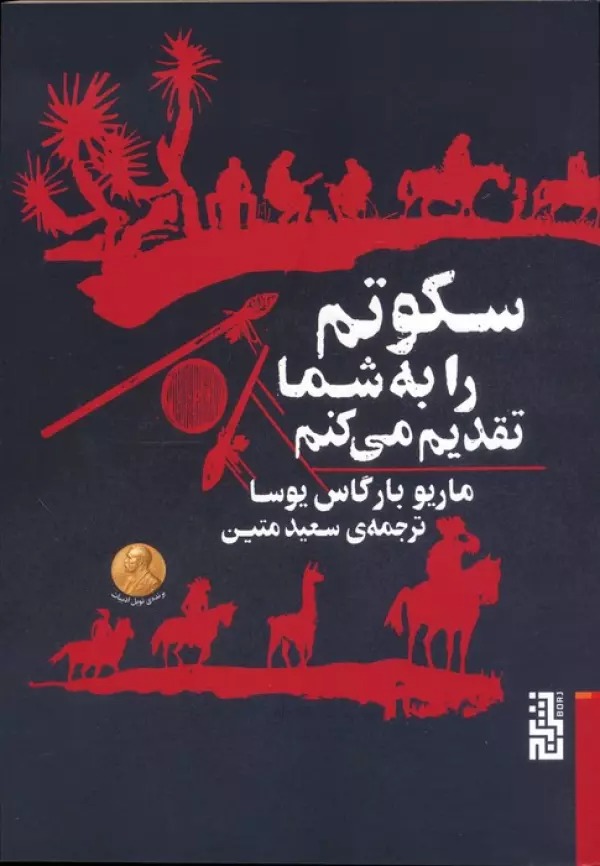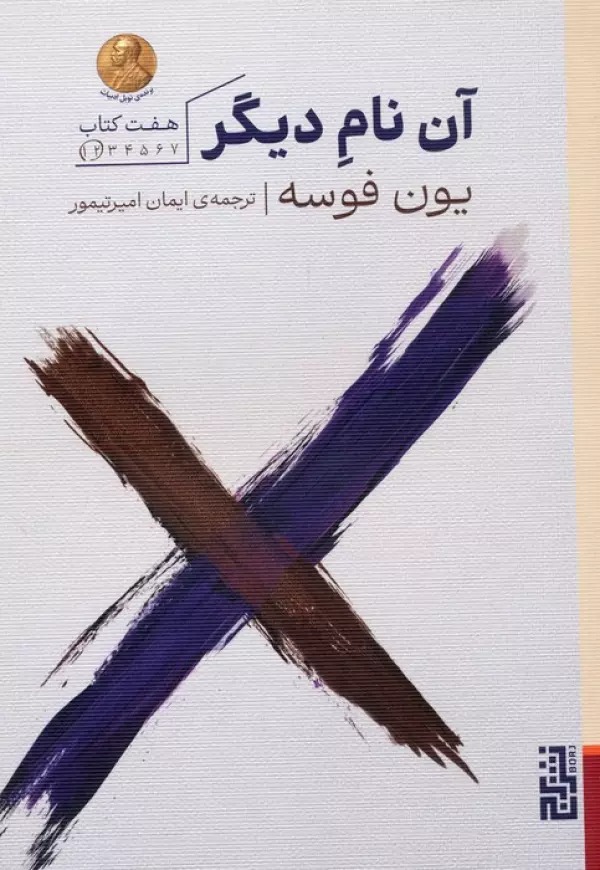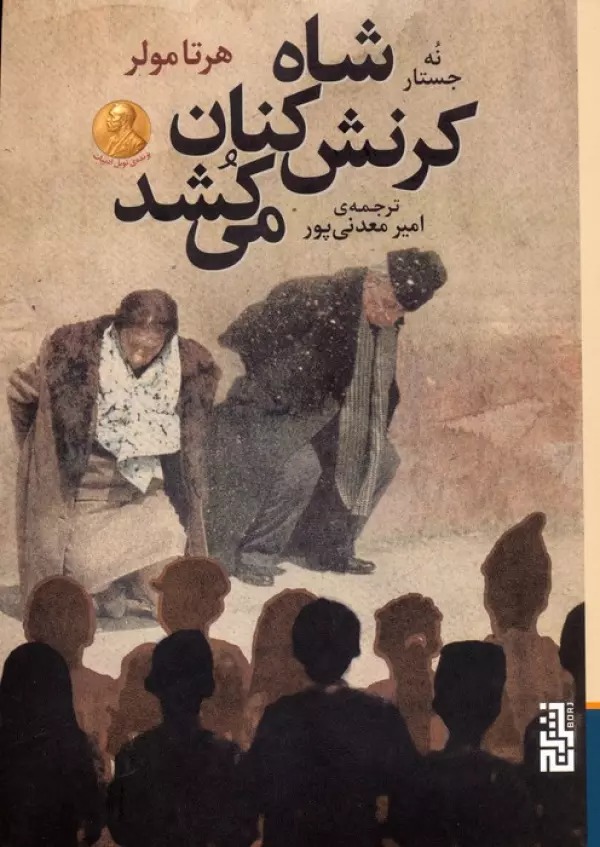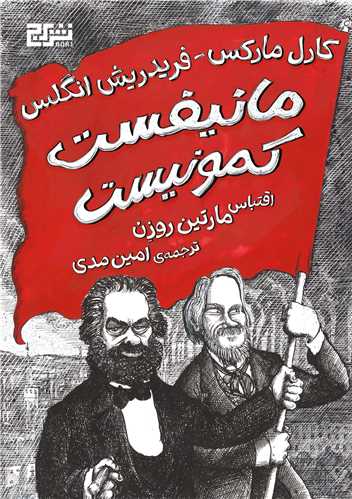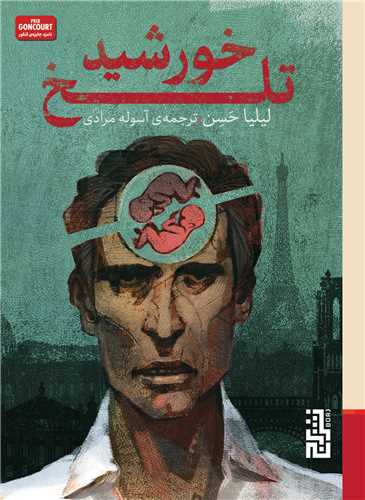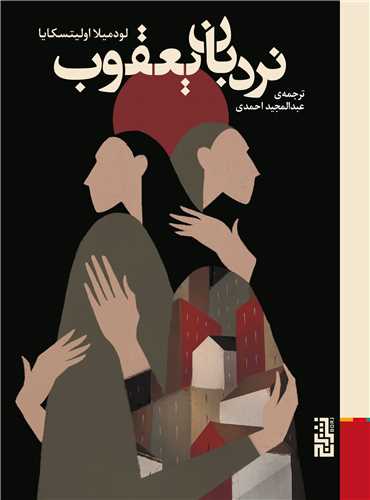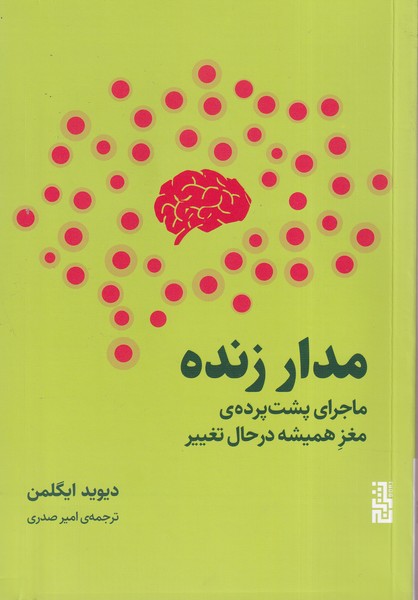āftāb giriftigī: Persian 2022
آفتاب گرفتگی
18.59 $
Share
Wishlist
Fatabggi is the essay of a writer who has studied in Qom for many years and has first-hand experience with these struggles. Relying on his personal experiences, Amir Khodavardi has tried to narrate the encounter between the novel and religion in different situations, reflect on them and criticize them with a careful look.
It is stated in a part of the book:
Mulla Ahmad believes that people have understood that the poet's intention is not that all the conversations in the incident of Karbala were in the language of the characters, but rather that the poet is expressing the current state and putting sentences in the language of the characters that were found in their state, although they are really in their own language. If it is not current, I am interested in Mullah Ahmed's intention of these divisions to return to the same "inner text, when I return an artificial narrative in its entirety to historical or ideological facts, the time goes back and the back is tied to its distortion, it is considered a lie. When from If he tells the incident of Karbala and knows that what he is saying is a distortion of history, it is like trying to purify Genghis or Hitler, the inside of such a narrative is lying, and this has nothing to do with the literary lie that was allowed."
more
فتابگرفتگی جستارهای نویسندهای است که سالها در قم درس خوانده و تجربهی دستاولی از این کشوقوسها دارد. امیر خداوردی با تکیه بر تجربههای فردی خود، سعی کرده رودررویی رمان و مذهب را در موقعیتهای مختلف روایت کند، در آنها تأمل کند و با نگاهی موشکافانه نقدشان کند.
در بخشی از کتاب آمده است:
" ملا احمد معتقد است در مورد تعزیه مردم متوجهاند که مقصود شاعر این نیست که تمام مکالمات عینا در واقعه ی کربلا به زبان شخصیتها جاری شده است بلکه شاعر بیان حال میکند جملاتی را بر زبان شخصیتها میگذارد که از حالشان پیدا بوده هر چند واقعا به زبانشان جاری نشده باشد علاقه دارم مقصود ملا احمد از این تقسیم بندیها را به همان «باطن متن برگردانم وقتی روایت تصنعی در کلیت خود به واقعهای تاریخی یا اندیشه ای برگردانم، وقت بازگردد و کمر به تحریف آن بسته باشد دروغ به حساب می آید. وقتی از واقعه ی کربلا بگوید و بداند آنچه میگوید تحریف تاریخ ،است مثل آن است که بکوشد چنگیز یا هیتلر را تطهیر کند باطن چنین روایتی در حال دروغ گفتن است و این ربطی به دروغ ادبی که مجاز بود ندارد."
more

